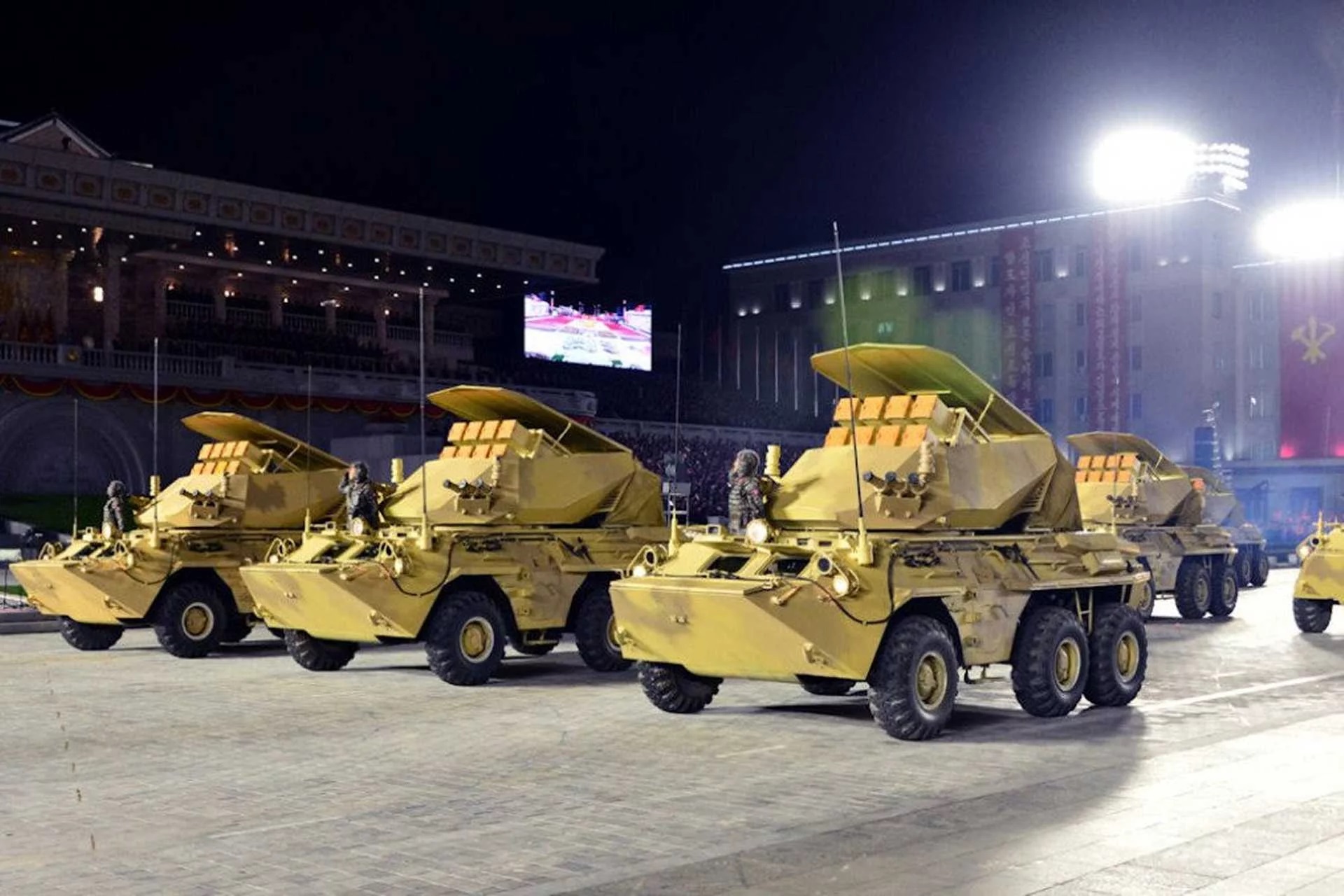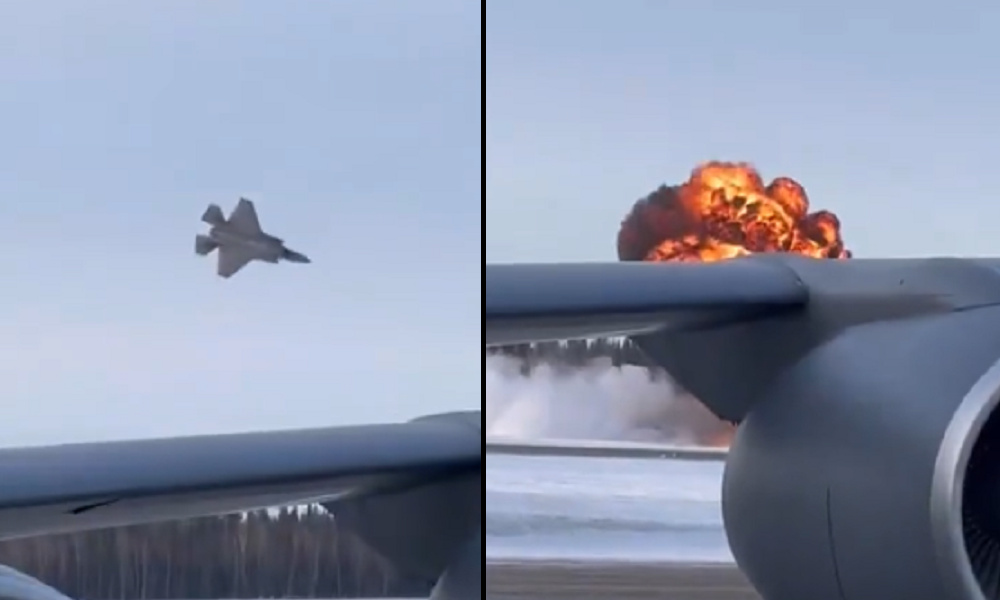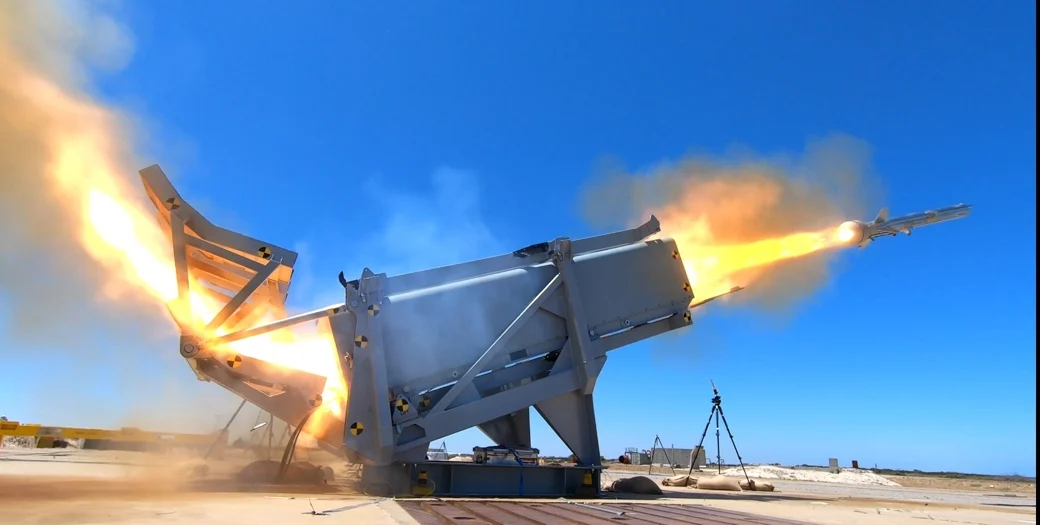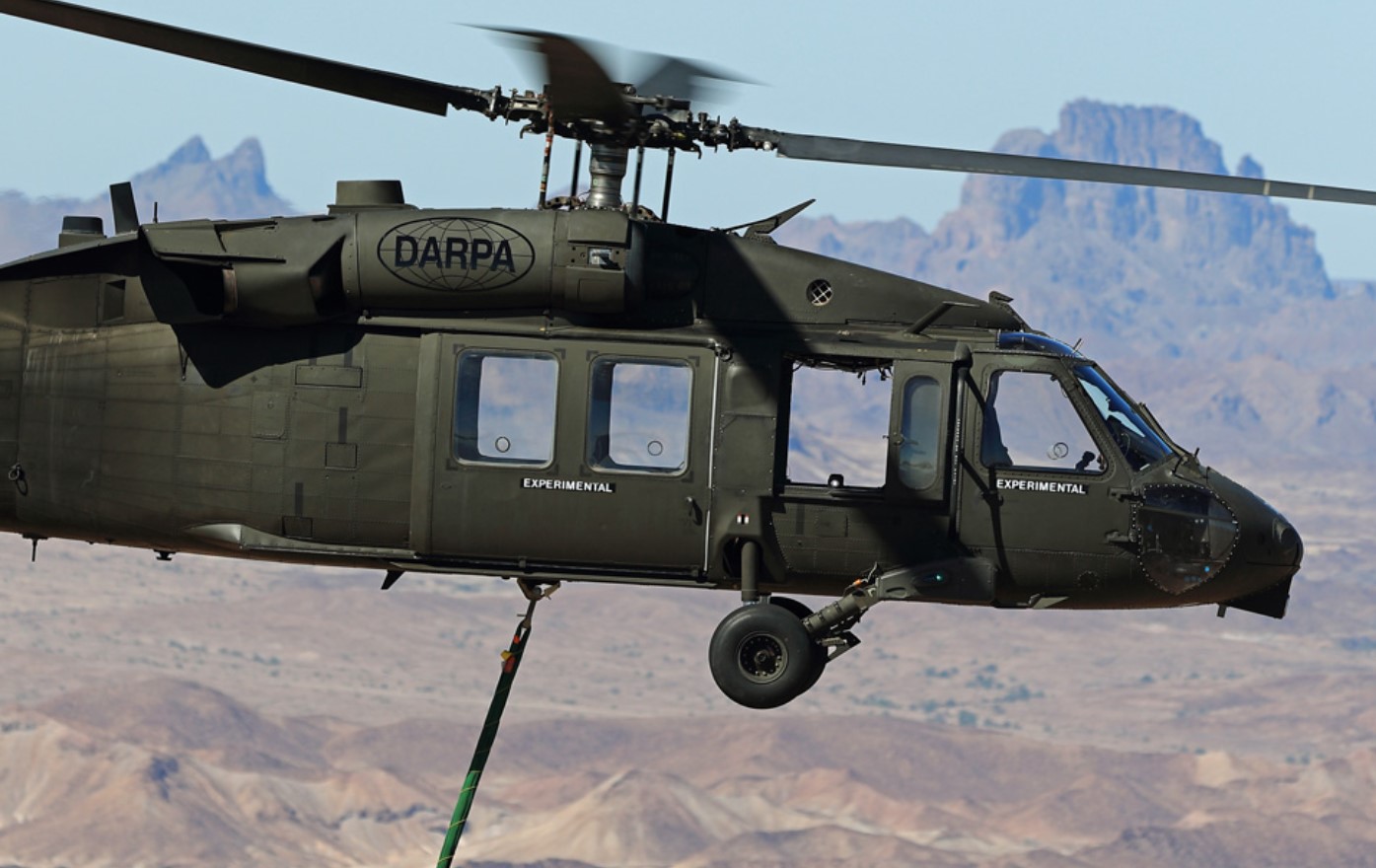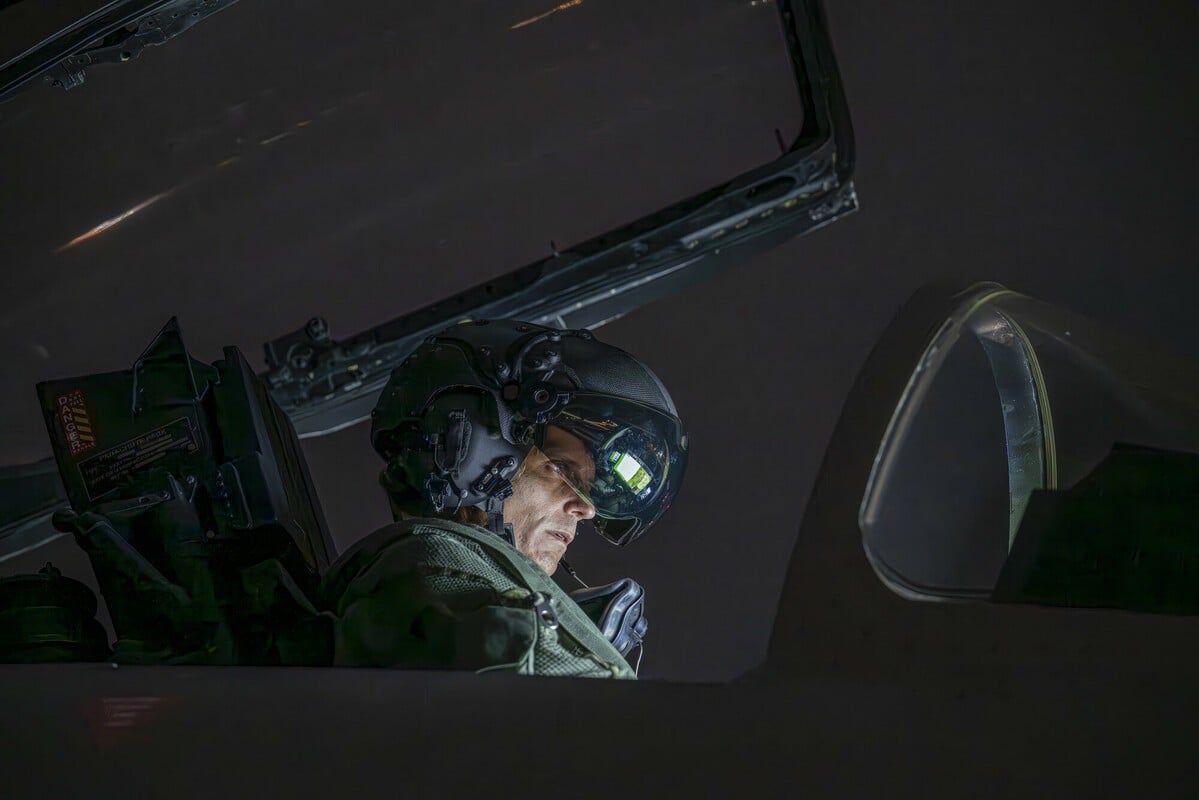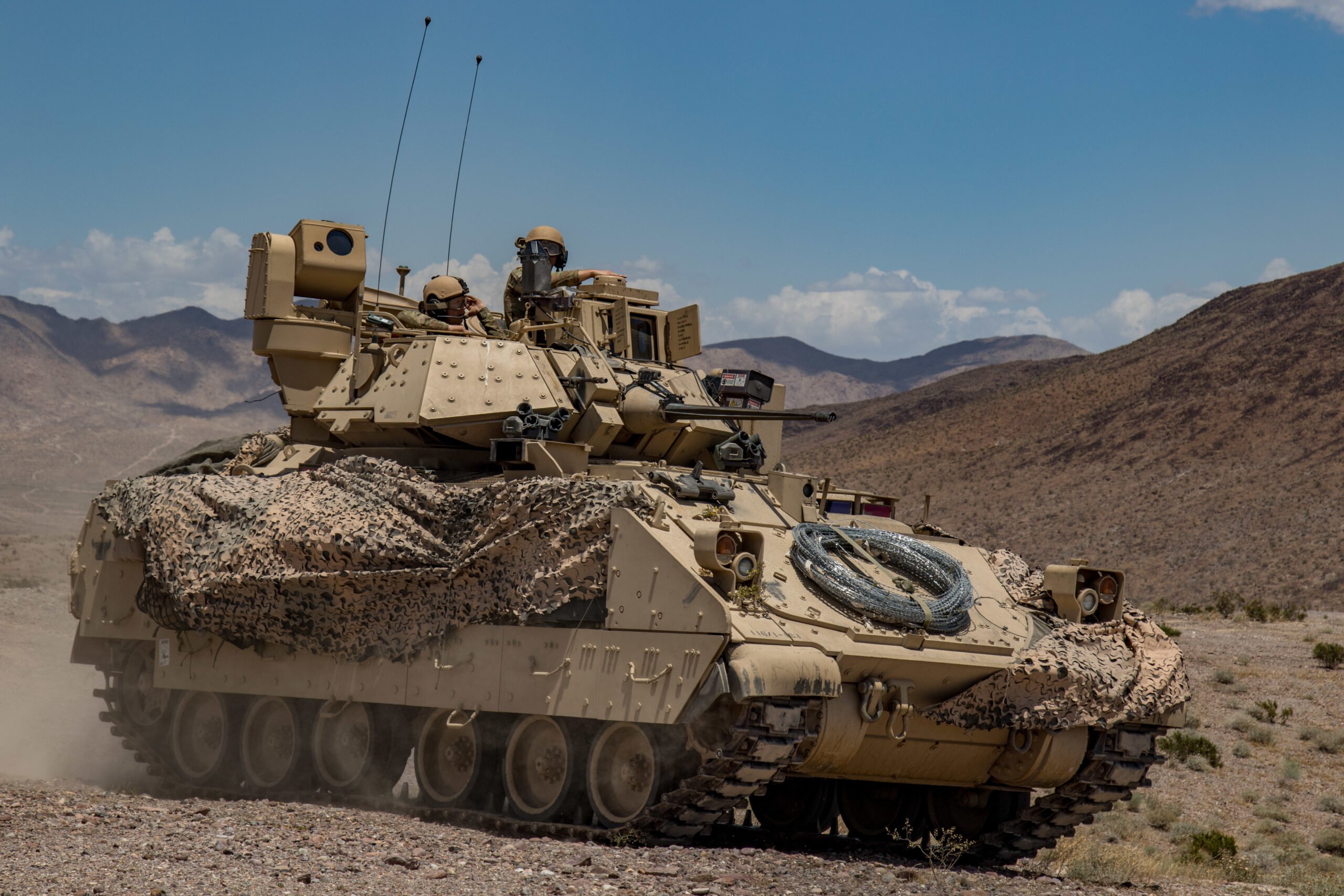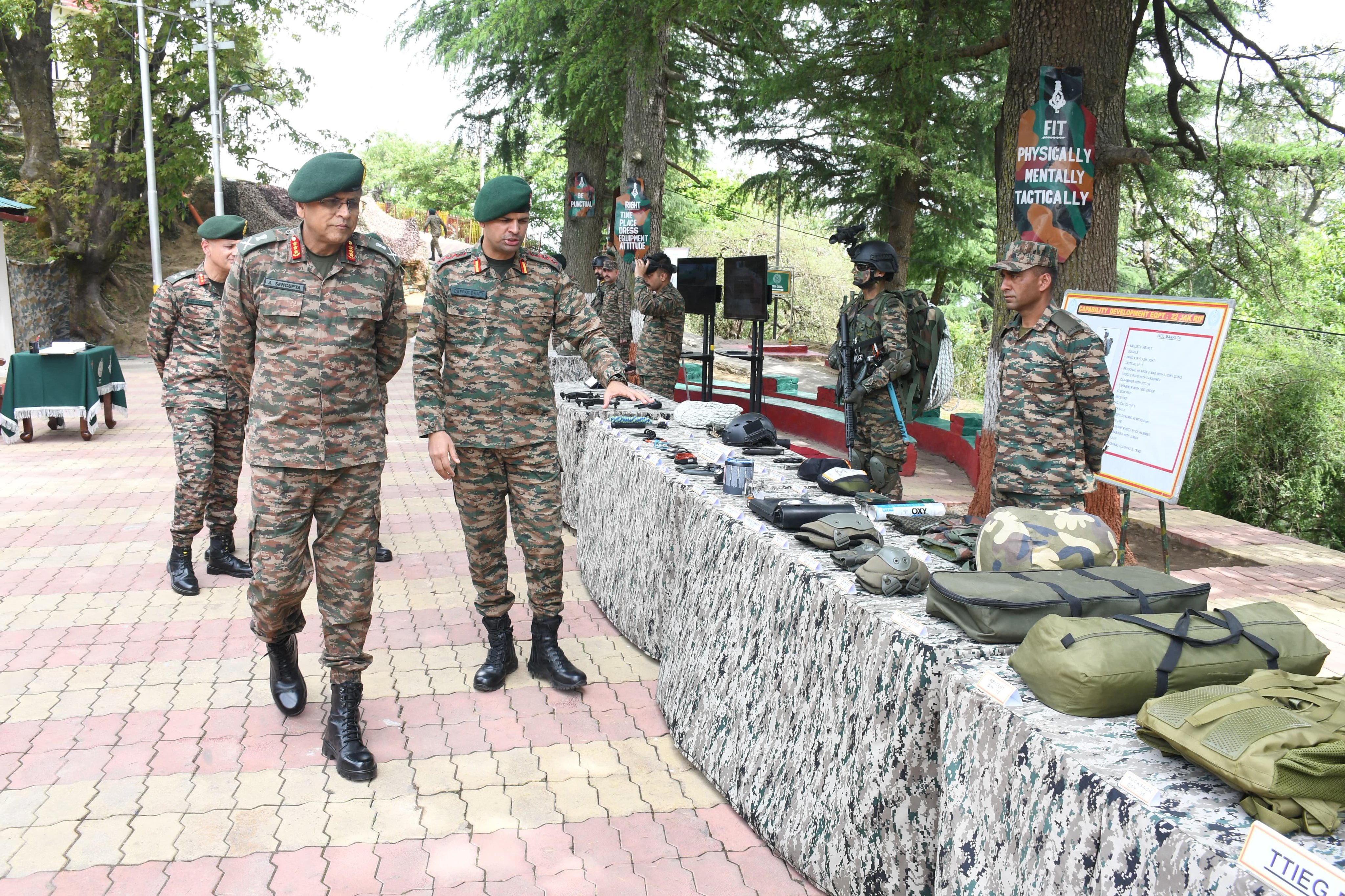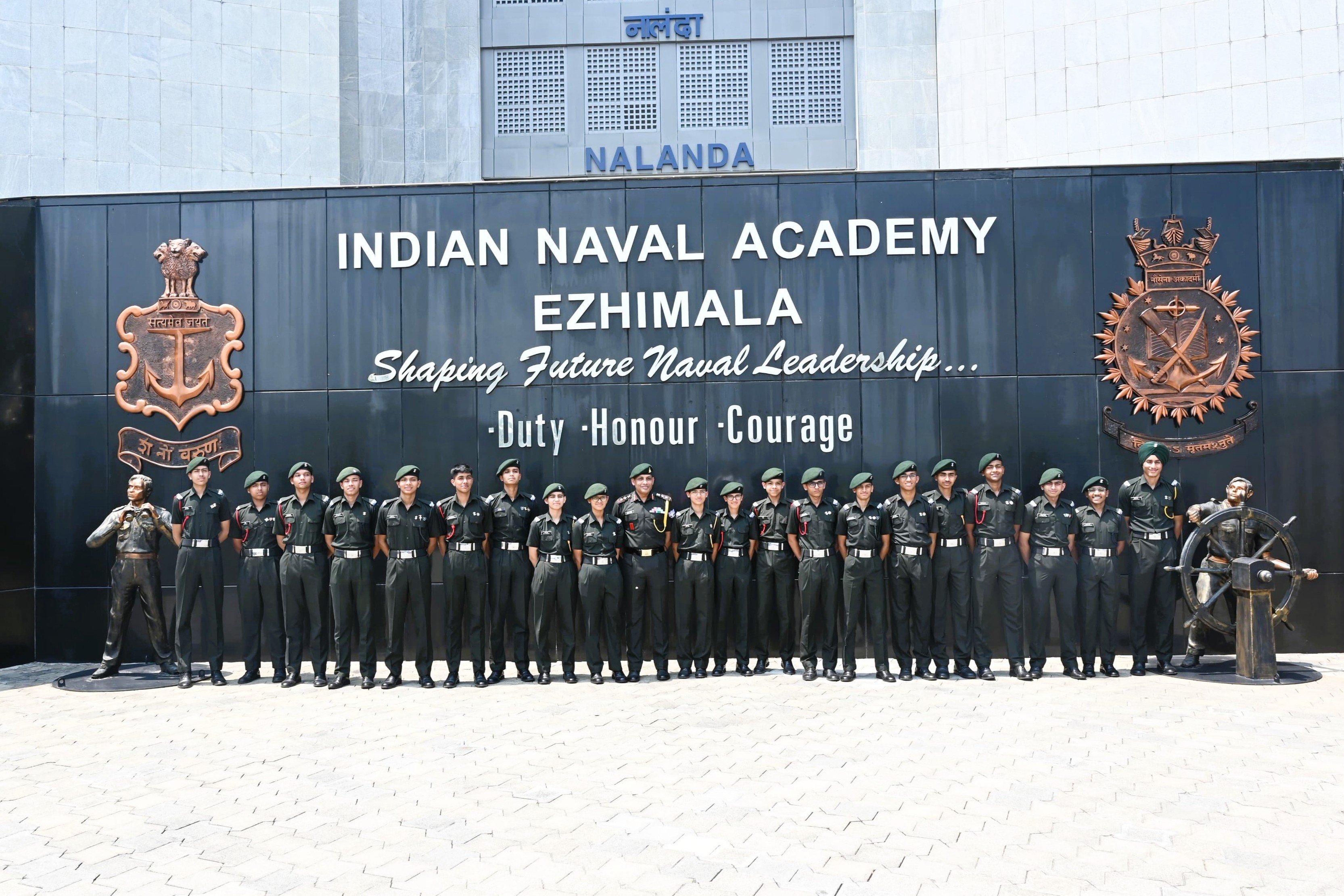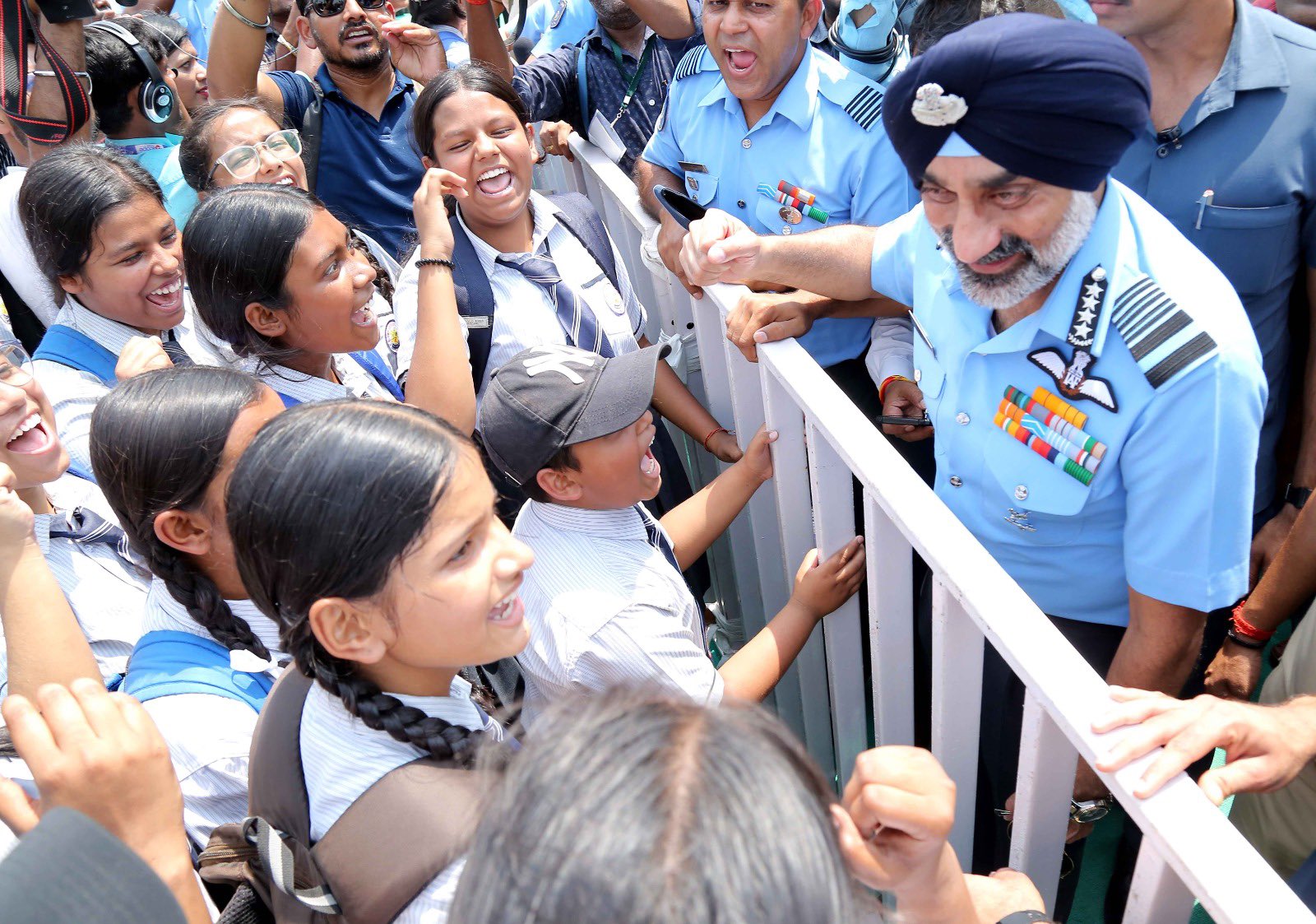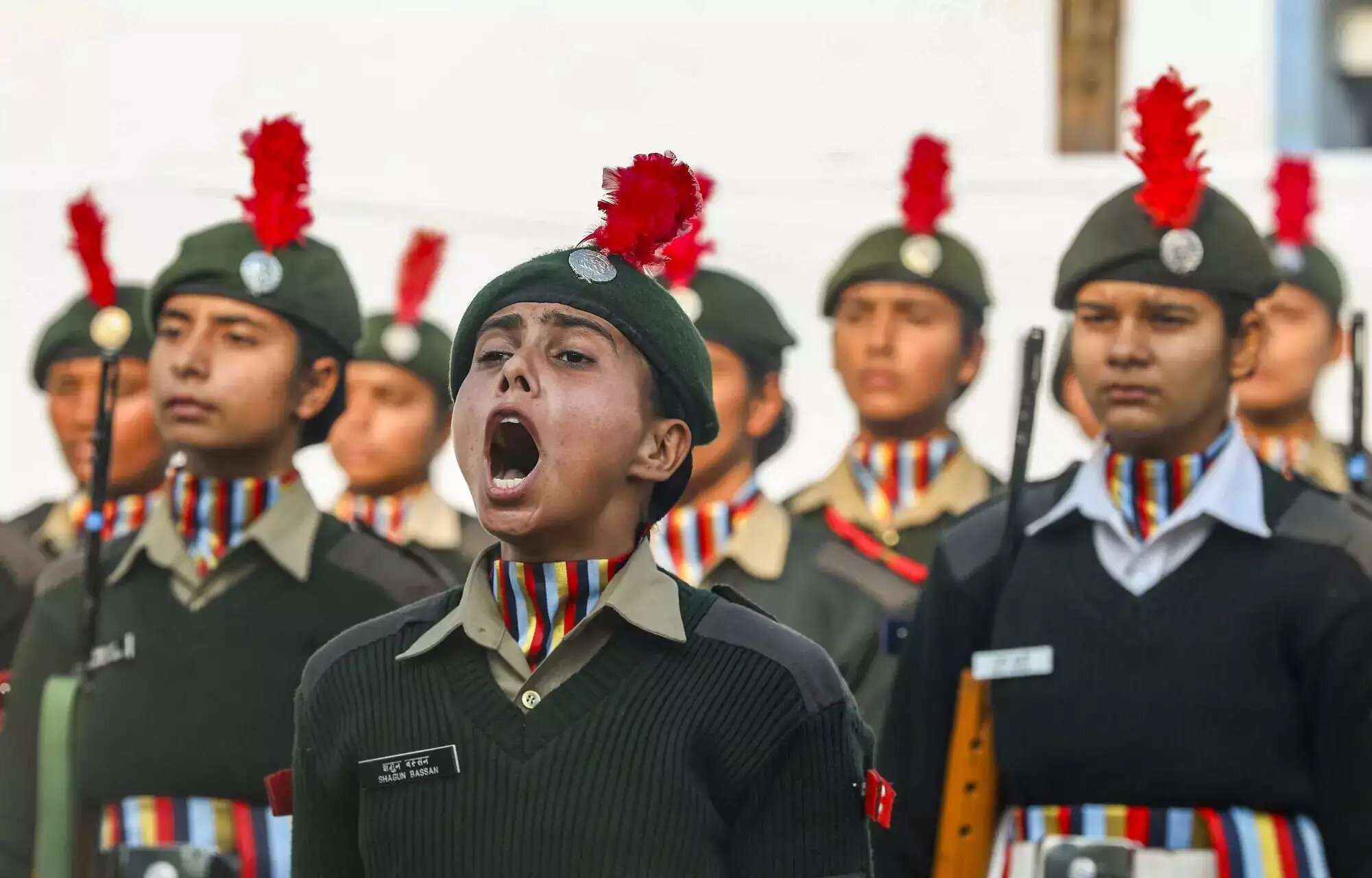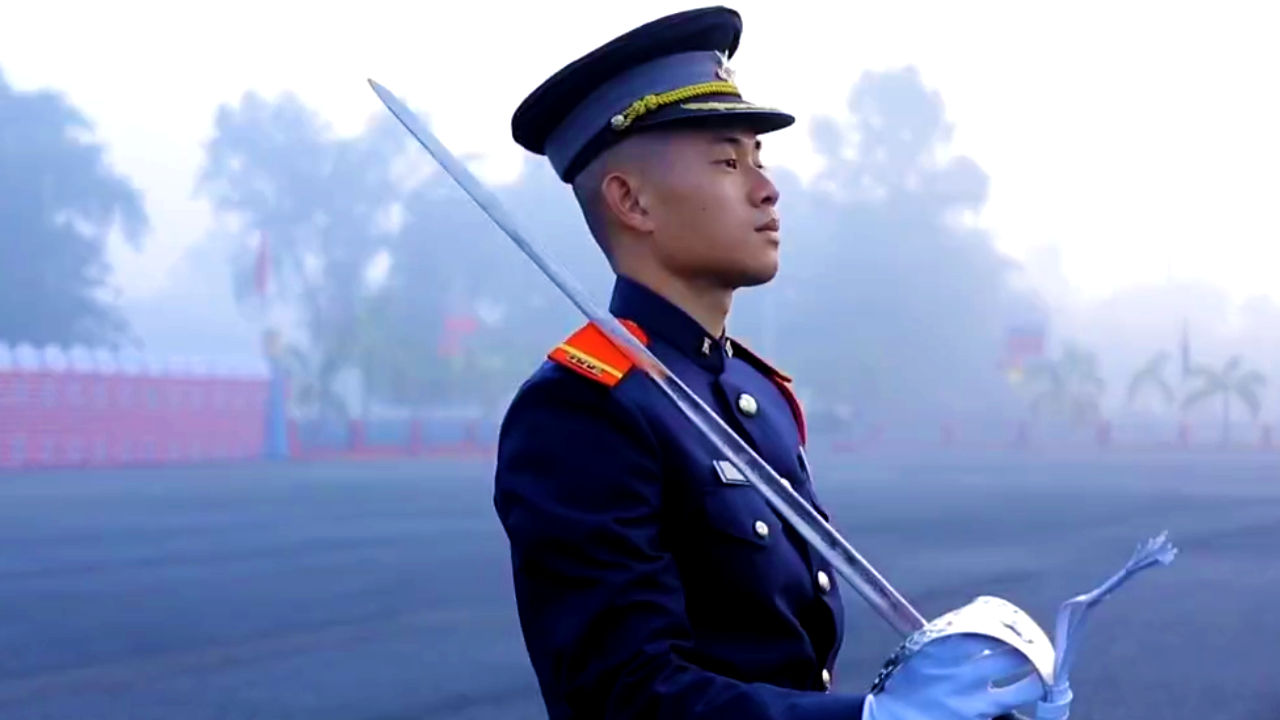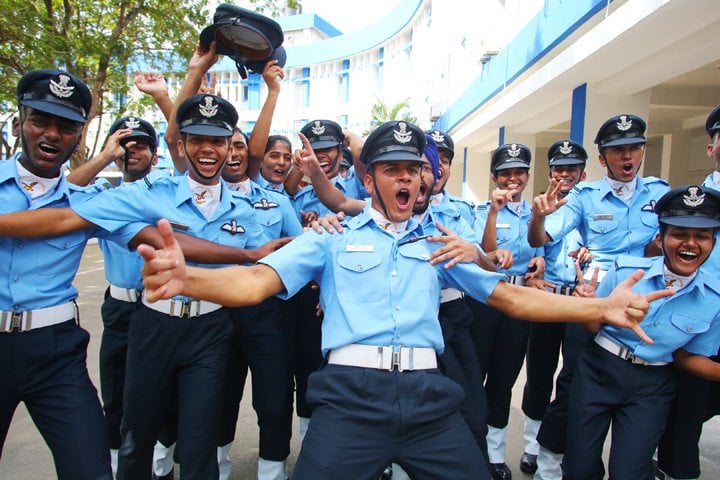In a significant development in the ongoing conflict between Ukraine and Russia, the Ukrainian military has claimed the destruction of a North Korean Bulsae-4 anti-tank missile system utilized by the Russian Armed Forces. This announcement follows the release of a video by Kyiv’s Third Assault Brigade, illustrating the strike carried out by a Windbreaker suicide drone, which reportedly tracked and hit the mobile North Korean weapon as it traversed a road in Kharkiv Oblast.
The Bulsae-4 missile system is recognized for its long-range capabilities, able to engage armored targets from a distance of up to 25 kilometers (15.5 miles). Notably mounted on an M-2010 6×6 wheeled armored vehicle, the system not only offers enhanced mobility on the battlefield but also uses an electro-optical seeker, allowing for precise strikes even when the target is beyond the operator’s line of sight.
The destruction of the Bulsae-4 is viewed as a critical piece of evidence highlighting North Korea’s direct involvement in the ongoing conflict between Russia and Ukraine. Earlier reports this year had already mentioned the detection of a similar weapon by Ukrainian drones operating within the Kharkiv region, signaling the increasing presence of North Korean military hardware in the hands of Russian forces.
Moreover, it has been reported that Russia has utilized approximately 60 North Korean KN-23 missiles in its military operations against Ukraine, further underscoring the growing military collaboration between Moscow and Pyongyang. This aligns with Ukrainian intelligence analyses suggesting a deeper level of North Korean support for Russia’s military initiatives.
In addition to military equipment, Ukrainian Defense Minister Rustem Umerov claimed that Pyongyang has dispatched at least 11,000 troops to bolster Russian frontline units in the Kursk region. This development raises concerns about the implications of North Korea’s support for Russia amid the ongoing conflict, drawing attention to the shifting dynamics of military alliances.
The situation remains fluid, and analysts are closely monitoring the evolving role of North Korea as both countries navigate a tumultuous geopolitical landscape.

